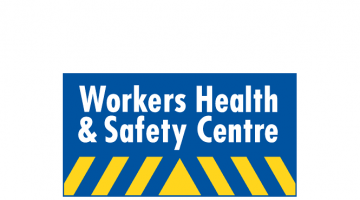Mental health in the workplace
Workplaces play a dual role in the area of mental health. On the one hand, they can be a stressful environment that contributes to mental health problems among workers. On the other hand, they can play an important part in helping to detect and manage mental health problems when they arise among workers, and in ensuring the healthy recovery and return of workers who are off work due to a mental health issue. IWH research in this area helps paint a clearer picture of the prevalence of mental health problems among workers, the types of labour force and workplace factors that may contribute to poor mental health, and the workplace-based and system prevention efforts that can help improve the mental health of workers and ensure they have the proper supports when needed.
Featured

What is the impact of depression on years of employment among working-age adults?

Police service members face challenges with accommodation, communication and trust when returning to work after an injury
Synthesis of evidence to support EMS personnel's mental health during disease outbreaks: a scoping review

Educators lack protection in-class and support online, studies find
Two recent peer-reviewed studies by the Occupational Health Clinics for Ontario Workers (OHCOW) and the Institute for Work & Health (IWH) shed light on the impacts of COVID upon educators. A lack of workplace protective measures and support for those teaching online have taken a huge toll on educators’ mental and physical health.
Perceived adequacy of infection control practices and symptoms of anxiety among in-person elementary school educators in Ontario
Return to work in Ontario police services: Current experiences and practices
Response to NIOSH request for information on interventions to prevent work-related stress and support health worker mental health
First Responder Mental Health Treatment Services: Formative evaluation of a pilot program

Study raises concerns about popular psychosocial work survey

Widely used survey lacks ability to tell apart 13 distinct psychosocial work factors

Poor interactions with case managers linked with risk of mental illness later on
